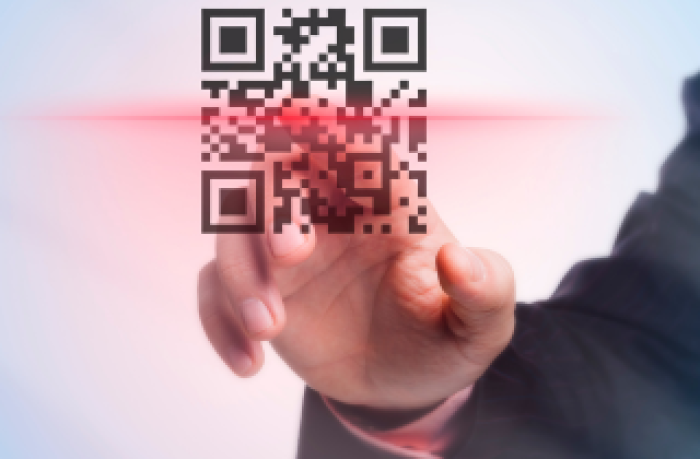Quishing - QR Code Phishing
Scammers post physical images of QR codes in high-traffic locations or send them via email or text message. Once you scan the QR code takes you to a scammer’s website, which may look legitimate, where the scammer lures you into providing personal or financial information. These scammers often attempt to disguise themselves as a government agency, bank, or other company to lend legitimacy to their claims,” and then use that info to carry out financial scams.
What Consumers Should Do
- Think. Before scanning QR codes, ask yourself where this came from. Who posted or sent this QR code? Be extra cautious when scanning QR codes from untrusted emails and from signs, posters, flyers, or other physical locations. If you receive an unexpected email or text with a QR code, don’t scan it, especially if it urges you to act immediately.
- Report. Contact the bank, credit union, government agency, or company that the scam artist is impersonating so the bank can alert others and work with law enforcement to investigate the activity.”
- Treat your personal information like cash.
Your Social Security number, credit card number, and other personally identifiable information can be used to steal your money or open new accounts in your name without your knowledge or approval. Don't give it out in a QR code!
Awareness is your best defense against fraud.


